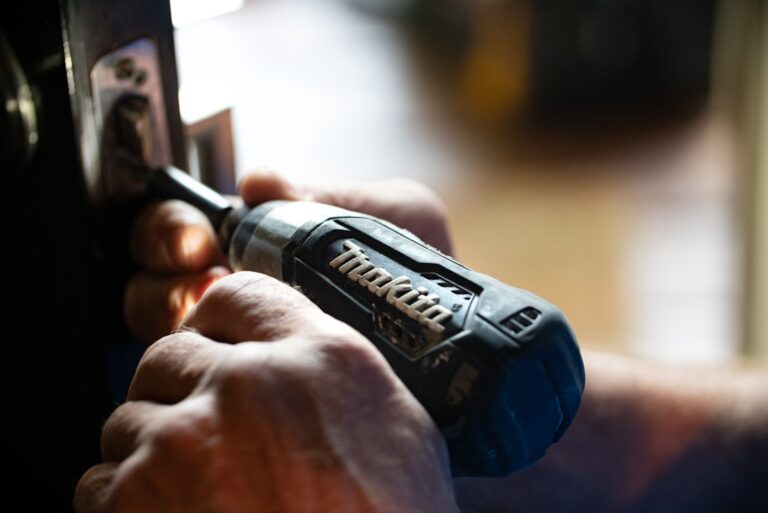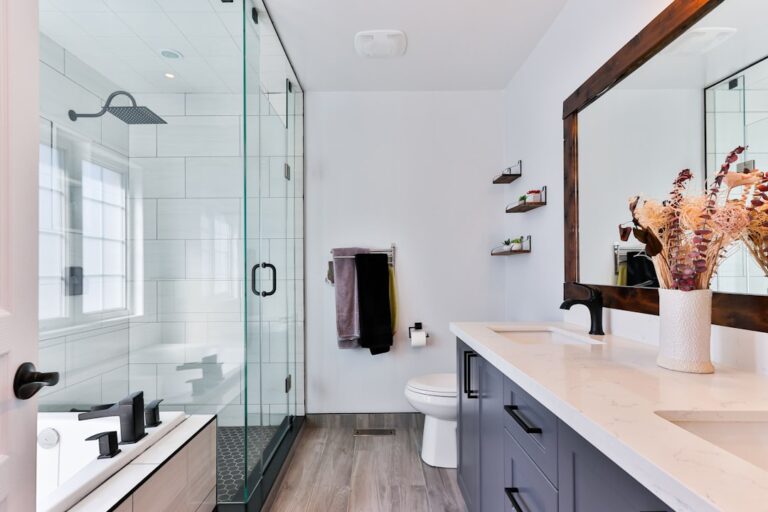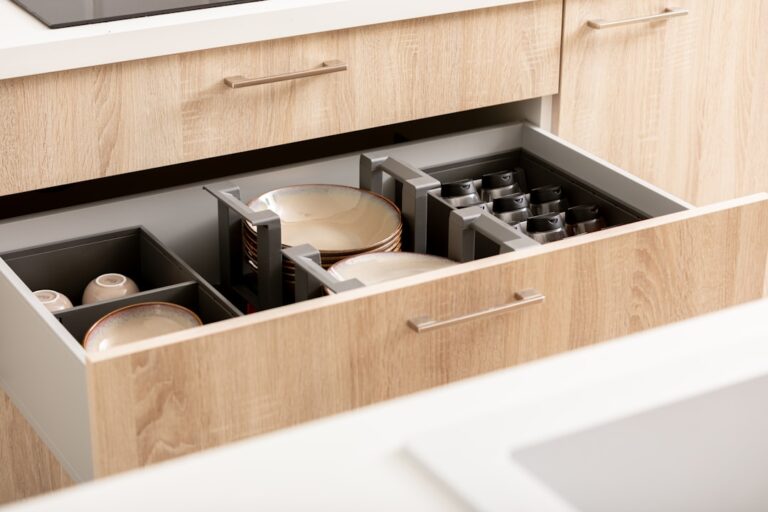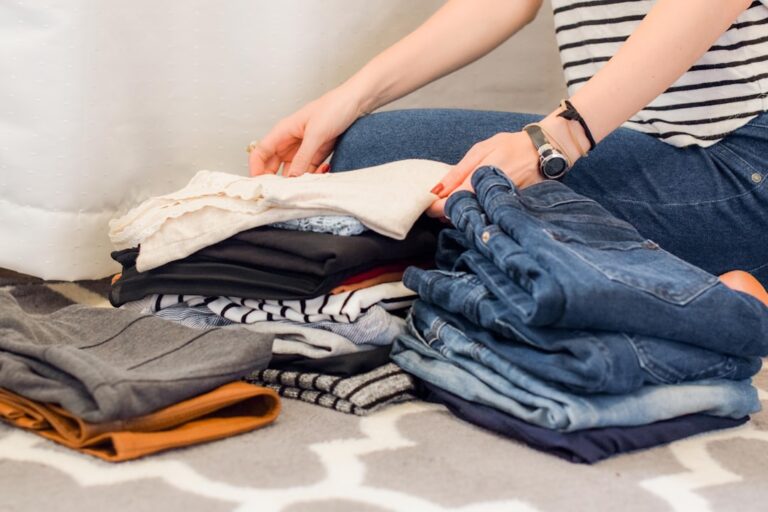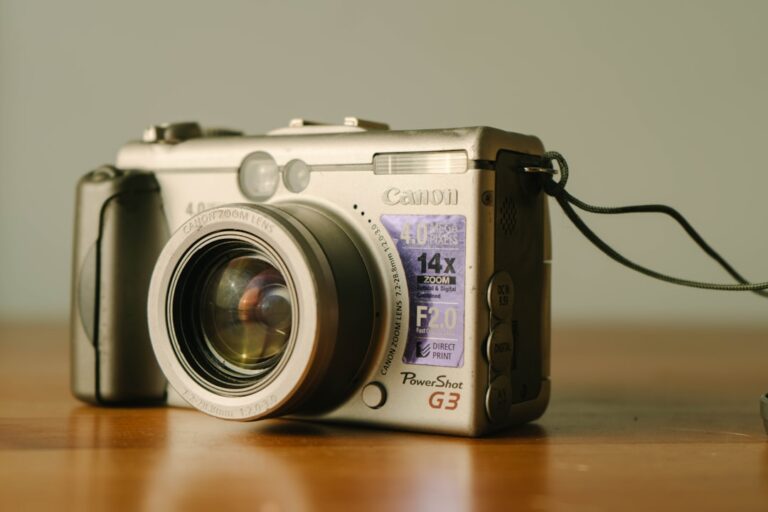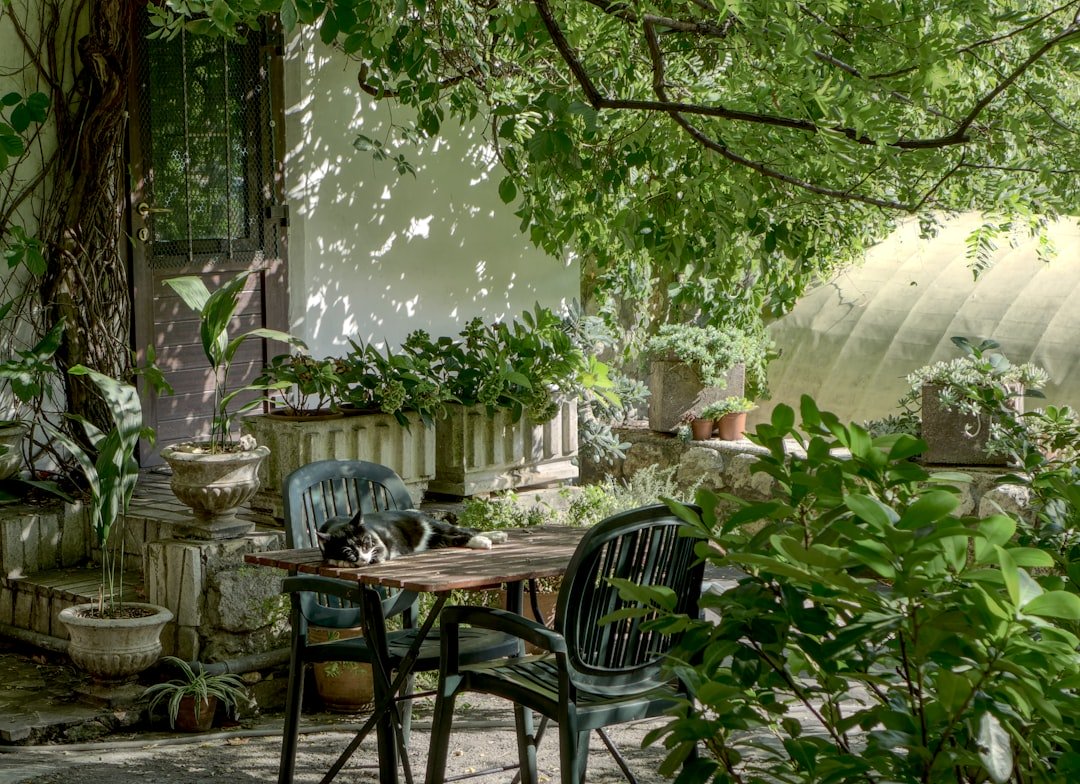
I used to kill every plant I touched.
Seriously. Succulents, cacti, anything that was supposedly "unkillable" met its end with me. For a long time, I thought I just didn't have a green thumb. It felt like one more thing on a long list of things I wasn't good at. Before I lost over 110 pounds and built a new life, I spent most of my time indoors. I was stuck in a cycle of unhealthy habits and instant gratification. The idea of patiently waiting for a seed to sprout seemed impossible.
But just like changing my life started with one small decision, my garden started with one small pot. I learned that gardening isn't about some magical talent. It’s about learning a few simple tricks and being consistent. It taught me patience. It taught me that small efforts every day lead to amazing results.
If you think you can't garden, I'm here to tell you that you can. You just need a few hacks to get started. Here are 20 of my favorites that made all the difference.
Start Smart Not Hard
Getting started is often the most intimidating part. We see these huge, perfect gardens and feel defeated before we even begin. Forget that. The goal is to start small and build momentum.
-
Start with containers. Don't feel like you need to dig up your whole yard. A few pots on a balcony or patio are perfect. This lets you control the soil and sun exposure easily. It's how I started.
-
Buy good soil. Don't just scoop dirt from your yard. Bagged potting mix is a game-changer. It has the right nutrients and drainage your new plants need to survive their first few weeks.
-
Choose easy plants. Don't start with something fussy. Try herbs like mint or basil. Leafy greens like lettuce and spinach are also very forgiving. Cherry tomatoes are incredibly rewarding.
-
Make your own seed tape. Spacing tiny seeds like carrots is frustrating. Mix your seeds in a simple paste of flour and water. Then dab little drops of the paste onto strips of toilet paper at the correct spacing. Let it dry, then just lay the strips in your garden and cover with soil.
-
Use toilet paper rolls for seed starters. They are the perfect biodegradable pot. When your seedling is ready to be planted, you just put the whole thing in the ground. The cardboard will break down.
Water and Feed Like a Pro
Overwatering and under-watering are the top two killers of beginner gardens. It’s a fine balance, but these tricks make it much simpler.
-
Water the soil not the leaves. Watering the leaves can encourage fungus and disease. Aim for the base of the plant. A simple watering can with a long spout helps.
-
Do the finger test. Don't just water on a schedule. Stick your finger about an inch into the soil. If it feels dry, it's time to water. If it's damp, wait another day.
-
Use a wine bottle for slow watering. For thirsty plants like tomatoes, fill an empty wine bottle with water. Quickly flip it and push the neck into the soil next to the plant. The water will seep out slowly as the soil dries.
-
Save your eggshells. Don't throw them away. Crush them up and sprinkle them into the soil. They add much-needed calcium which helps prevent blossom-end rot on tomatoes and peppers.
-
Use coffee grounds. Acid-loving plants like blueberries and roses love coffee grounds. Mix them into the soil to give them a nice boost.
Outsmart Pests and Weeds Naturally
You don't need harsh chemicals to protect your garden. Nature has provided plenty of solutions that are safe and effective.
-
Plant marigolds everywhere. Pests hate the smell of marigolds. Plant them around your tomatoes and other vegetables to create a natural bug-repelling border.
-
Use soapy water for aphids. Mix a few drops of dish soap into a spray bottle full of water. A quick spray will get rid of aphids and other soft-bodied pests without harming your plants.
-
Sprinkle cinnamon on seedlings. Cinnamon is a natural fungicide. A light dusting on the soil around your new seedlings can prevent "damping off," a fungal disease that kills them.
-
Lay down wet newspaper to stop weeds. Before you put down mulch, lay a few sheets of wet newspaper on the soil. It blocks the sun so weeds can't grow, and it eventually decomposes.
-
Use Epsom salt against slugs. A light sprinkle of Epsom salt around the base of your plants creates a barrier that slugs and snails hate to cross. It also adds magnesium to the soil.
Clever Tricks for a Thriving Garden
These are the little things that make a big difference. They save time, money, and make gardening more fun.
-
Create a mini-greenhouse from a milk jug. Cut the bottom off a plastic milk jug and place it over a young plant. It protects it from frost and wind and creates a warm, humid environment to help it grow faster. Just remember to take the cap off for ventilation.
-
Use plastic forks as a defense system. Sticking plastic forks tines-up in the soil around your plants can deter rabbits and squirrels from digging.
-
Turn a plastic bottle into a sprinkler. Poke several small holes in a 2-liter plastic bottle. Screw it onto your hose and you have a gentle, custom sprinkler for your garden beds.
-
Regrow kitchen scraps. You can regrow green onions, celery, and lettuce from the parts you usually throw away. Just place the root end in a shallow dish of water. Once new roots sprout, you can plant them in soil.
-
Celebrate the small wins. This might be the most important hack of all. Celebrate that first sprout. Get excited about the first flower. Be grateful for the first tomato you pick.
Gardening, like life, isn't about perfection. It’s about showing up, trying your best, and learning as you go. It helped me reconnect with the real world after years of being online. It showed me the joy of slow, steady progress. It’s a beautiful reminder that God’s creation is resilient and that with a little care, amazing things can grow.
So my question for you is this: what is one small seed you can plant today? It could be a real seed in a pot or a metaphorical one in your life. Just start small.

